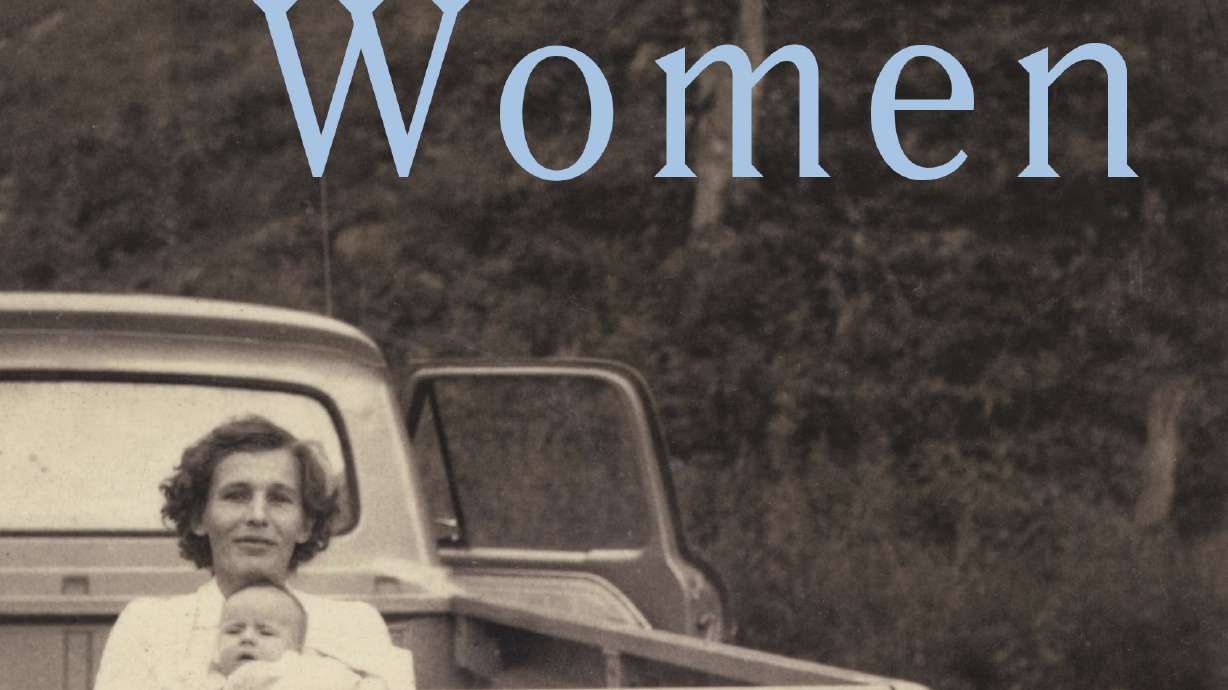Estimated read time: 2-3 minutes
This archived news story is available only for your personal, non-commercial use. Information in the story may be outdated or superseded by additional information. Reading or replaying the story in its archived form does not constitute a republication of the story.
“Hill Women: Finding Family and a Way Forward in the Appalachian Mountains,” Ballantine Books, by Cassie Chambers
Written by a young lawyer whose roots run deep in the Appalachian Mountains of Eastern Kentucky, “Hill Women: Finding Family and a Way Forward in the Appalachian Mountains” is a collection of personal memories and those of author Cassie Chambers' family members that narrate life in Kentucky's thinly populated and impoverished Owsley County.
Poverty is enmeshed with pride in these stories of survival. A quick glance at the 2019 U.S. census finds a median household income of $25,530 (compared with $60,293 for the nation) with 39 percent of Owsley County’s 4,472 residents living in poverty (national poverty is at 11.8 percent).
Chambers narrates this deep poverty with the help of her own family. Her mother, Wilma, was raised in a farmhouse built of particleboard walls topped with a tin roof; it was heated by a coal stove and had no running water.
Wilma was the youngest and only child from among seven siblings (one of whom died in infancy) to receive a college education. Her education was hard won, but with her husband, Orlando, they knitted together a prosperous life, which led the author to her own successful path.
Chambers traces this success back to the sacrifices of family members: the grandfather who worked the tobacco fields to support his tightknit family, the grandmother who insisted that Wilma attend college and Ruth, Wilma’s older sister who not only encouraged her sister’s college aspirations but also handed over what little money she had — “representing hours of back-breaking labor” — to help Wilma buy textbooks.
The stories make clear that Wilma’s success also depended on her larger Owsley County community, in particular, a physician who had been raised in the area and returned on weekends to care for the country folk. He saw intelligence and curiosity in Wilma, and he helped her set her sights higher than the local junior college (she attended a small liberal arts college that afforded greater opportunities).
The stories are well written and easy to digest in small or larger increments. The storytelling jumps around a fair bit chronologically, which is occasionally confusing. Dating the chapters might help.
While Chambers writes honestly about racism, sexism and the opioid crisis in these pages, they are addressed sweepingly. This book is better for its glimpse into one extended family’s hardscrabble existence and the difference that an education can make.
Copyright © The Associated Press. All rights reserved. This material may not be published, broadcast, rewritten or redistributed.









